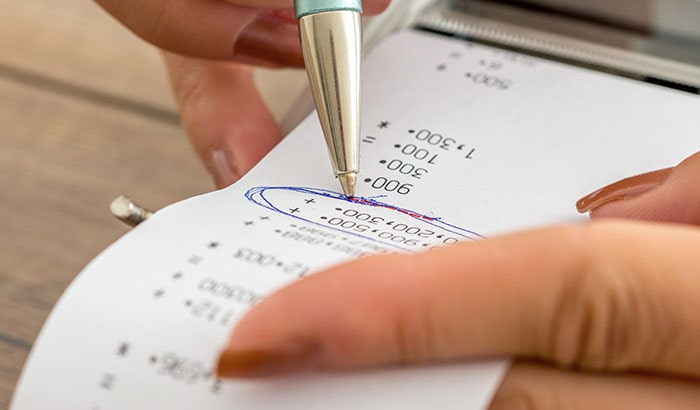Contrary to popular belief,
VAT is not a burden carried by businesses but
by individual consumers.
Business owners hear “VAT” and automatically connote it as “additional cost.” Since it is required to be paid by the government, they just comply without actually understanding its concept. After all, nobody wants to incur penalties. But what is VAT really and why do we need to pay it?
VAT or Value-Added Tax is an indirect tax placed upon the sale of goods and services. It is levied as an exchange to the “privilege” granted to us by the government for the consumption of such goods and services. More simply put: it is the cost to our enjoyment of things.
Because of trade, however, an item may evolve into another product through manufacture and other processes, adding value to it, and this could go on to more stages which eventually make up an entire supply chain.
This concept implies that products and services are used along the way and is exactly why VAT is charged indirectly through businesses although ultimately, it is the final consumer that is burdened by VAT.
As mentioned earlier, VAT is an indirect tax. This means that although business entities pay the taxes to the government, they merely serve as remitters of VAT collected from buyers or consumers through charging them additionally on the sales price.
This is the rationale behind the formula for computation of VAT which is the difference between Output VAT or VAT collected from customers and Input VAT or the VAT paid to suppliers for goods and services consumed by the business in its normal operations. The result would be the tax the business is liable to the government unless input VAT is greater than output, in which case, the business is entitled to claim for its refund.
Keeping this in mind, it is easily understood, that mistakes in the calculation of VAT (and especially mistakes in the calculation of the “Input VAT”) can cause high losses for a company (in addition to potential fines from the side of the government). It is therefore crucial to have the VAT filing done in a professional and correct way.
VAT rates in the Seychelles are either 15% or 0%. Depending on whether the companies has reached the thresholds set by the government, they may register for VAT mandatorily or voluntarily. Compulsory registration requires companies to submit VAT returns on a monthly basis while those registered voluntarily are required to submit them on a quarterly basis.
To know more about VAT regulations and how to comply with them, consult with a tax expert. CRESCO Accounting is a firm composed of professionals equipped with technical expertise to handle your overall financial concerns, including VAT. You may spare yourselves the hassle of going through the complexities of VAT by contacting us.






